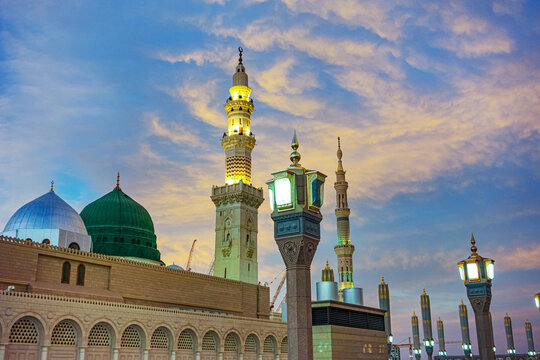
Hazrat Moulana Muhammad Ilyaas (rahmatullahi ‘alaih) once mentioned the following:
Our effort of Tableegh is aimed to educate people and teach them deen, as well as reform their lives so that the entire deen of Islam can come alive among all the Muslims.
As far as the principles of this effort of Da’wat are concerned, then it is necessary for one to follow and adhere to these principles, as this is the hidden secret to acquiring success in this path.
From among the various principles of Tableegh, one important principle is that when meeting people and presenting the da’wat before them, then one should deal with each class of people according to their rank and position, in a way that one fulfils the right which Allah Ta‘ala has accorded them.
Basically, there are three classes of Muslims. The first class are the poor and needy Muslims, the second class are the people of honor and respect, and the third class are the Ulama.
The approach which should be adopted in dealing and interacting with these three classes of people has been mentioned together in the following Hadith:
من لم يرحم صغيرنا ولم يوقر كبيرنا ولم يبجل علماءنا فليس منا
The one who does not show mercy to the young among us (and those who are viewed as small in society), and does not show consideration to our old (and those who are regarded as seniors in society), and he does not show honour and respect to our Ulama – then such a person is not from among us.
Therefore, from among all the people, the right of those who are regarded as small in society (i.e. the poor and needy) is that they should be shown mercy, and the right of the seniors in society is that they should be shown special consideration, and the right of the Ulama is that they should be shown honor. The rights of all these classes of people should be fulfilled when dealing with them and presenting the da’wat of deen before them. Allah Ta‘ala says:
وأتوا البيوت من أبوابها
Enter the homes through their doorways (i.e. in this context, adopt the correct approach when dealing with each class of people).
(Malfoozaat Hazrat Moulana Muhammad Ilyaas (rahmatullahi ‘alaih) pg. 89)
 Ihyaaud Deen An Effort to Revive Deen in Totality
Ihyaaud Deen An Effort to Revive Deen in Totality



